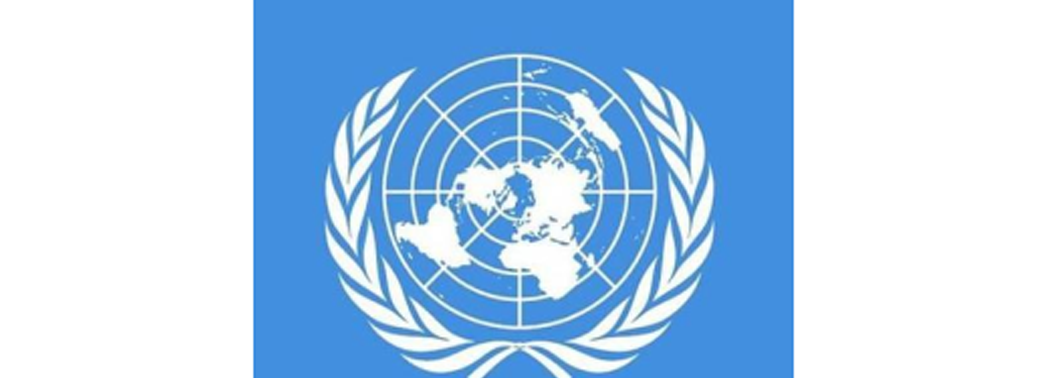INDIA AND THE ISSUE OF UNSC PERMANENT SEAT
02, May 2020

Prelims level : International
Mains level : GS-II Bilateral, Regional and Global Groupings and Agreements Involving India and/or Affecting India’s Interests.
Why in News?
- As the election to the temporary membership of the U.N. Security Council for the 2021-22 period is due, prospects of India for the same amongst other issues of relevance can be discussed.
Highlights:
- The Issue of the expansion and reform of the Security Council is not an India-centric issue.
- The Institutions of Global Governance need an Overhaul. It is an issue which entails a whole host of teams, because India in many ways is a sui generis country where a billion plus people work together in a democratic setup.
Priorities for India:
- One of the Biggest Issues that will confront all Multilateral Organisations and certainly the Security Council will be issues which are beyond borders.
- Issues of the Global Commons, whether it is in cases of public health as we are now seeing in the current Pandemic, but other Issues, for Example, Cyber issues.
- There are no regulatory mechanisms or no rules on that, and that’s another.
- A Third one is issues of high seas. Again, beyond EEZ, there is a very limited understanding of what states can do and what states can’t do.
- Another area of interest would obviously be technology with a human touch.
- Increasingly, resilience of human beings is an important factor that all of us have been confronted with.
- Where there are disasters, a more humane approach is needed. India’s position on accepting permanent membership and veto power:
- If we look at the voting pattern at that stage when the reform or the expansion from 11 to 15 happened by increasing four non-permanent members, none of those present there as permanent members right now voted in favour.
- There were some who opposed, there were others who abstained.
- The only representative at that stage who voted in favour of change was the Republic of China.
- On veto, there are many who feel that veto was the outcome of a situation in 1945 when the world was different.
- There are many who feel the need to be some restrictions on its use in some form or the other, that’s the global trend in these matters.
- India’s view is that it does not oppose any approach that is non-discriminatory in nature. On the issue of discrimination, India has a very strong historical record, whether it was going back to the NPT.
- At that stage, it was discriminating among those who had nuclear weapons before a certain date or later.
- Similarly, on the issue of veto, if there are restrictions, these need to be applicable to everyone.
Internationalisation of Kashmir Issue:
- In a globalised world, it can be said anything is internationalised, but there is no apprehension.
- States are sovereign, they can do what they want, but if they don’t have resonance, it’s a loss.
Plurilateralism v/s Multilateralism During a Pandemic:
- There doesn’t seem a conflict between the two frameworks.
- There are multiple levels at which the same issues can be addressed the same issue and perhaps that’s the way to go about it. There is a national effort under way.
- But that does not detract from a regional effort like India has tried in SAARC with our Health Ministers.
- The EU is trying in some way in the European Union countries, there are others trying elsewhere.
- However, at some stage, it needs to be addressed at multilateral level, beyond plurilateral levels.
- A pandemic knows no borders, so there will always be a threat unless we address it across the board, and that’s the role of Multilateralism.
India’s Position on a Global Response to Terrorism:
- India needs to be looked at in the global context in which CCIT (Comprehensive convention on International Terrorism) was submitted in 1996. At that Stage, Terrorism was not even looked on as anything beyond a law and order issue.
- Today, there are Multiple Elements as they are now part of many Security council Resolutions, itself.
- There still remain areas where addressal is needed like Terrorism Financing, Terrorism Nuclear Issues.
United Nations Security Council:
- The Security Council has primary responsibility for the maintenance of international peace and security.
- It has 15 Members, and each Member has one vote.
- Under the Charter of the United Nations, all Member States are obligated to comply with Council decisions.
- The Security Council takes the lead in determining the existence of a threat to the peace or act of aggression.
- It calls upon the parties to a dispute to settle it by peaceful means and recommends methods of adjustment or terms of settlement.
- In some cases, the Security Council can resort to imposing sanctions or even authorize the use of force to maintain or restore international peace and security







